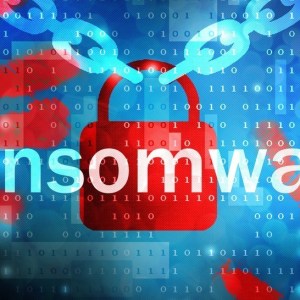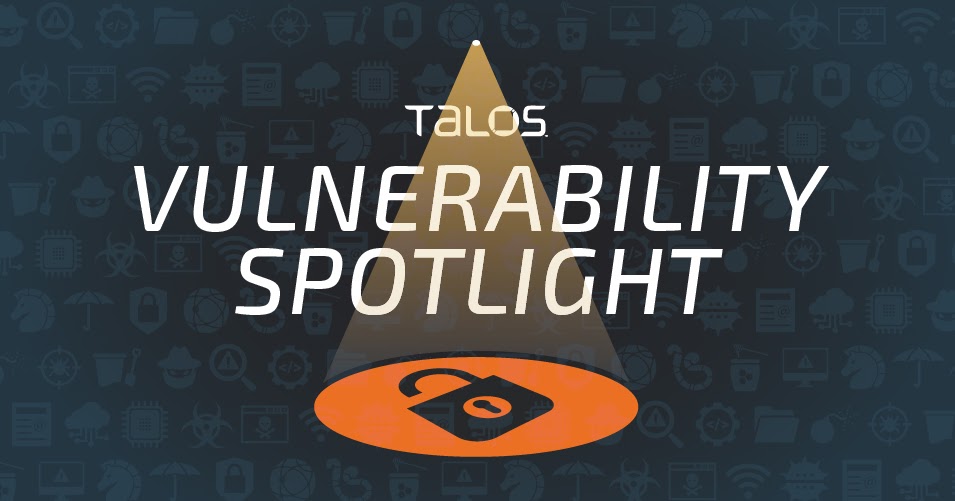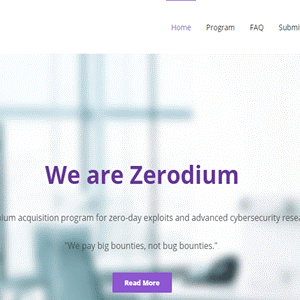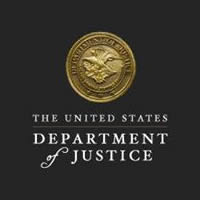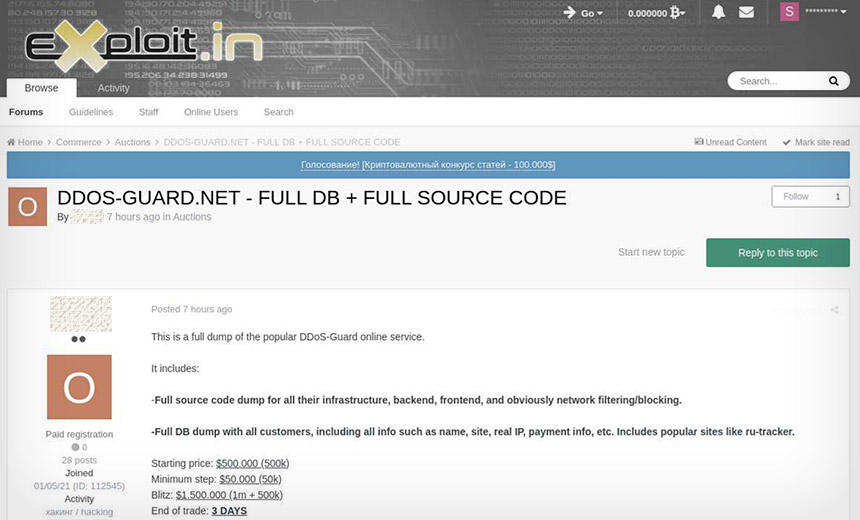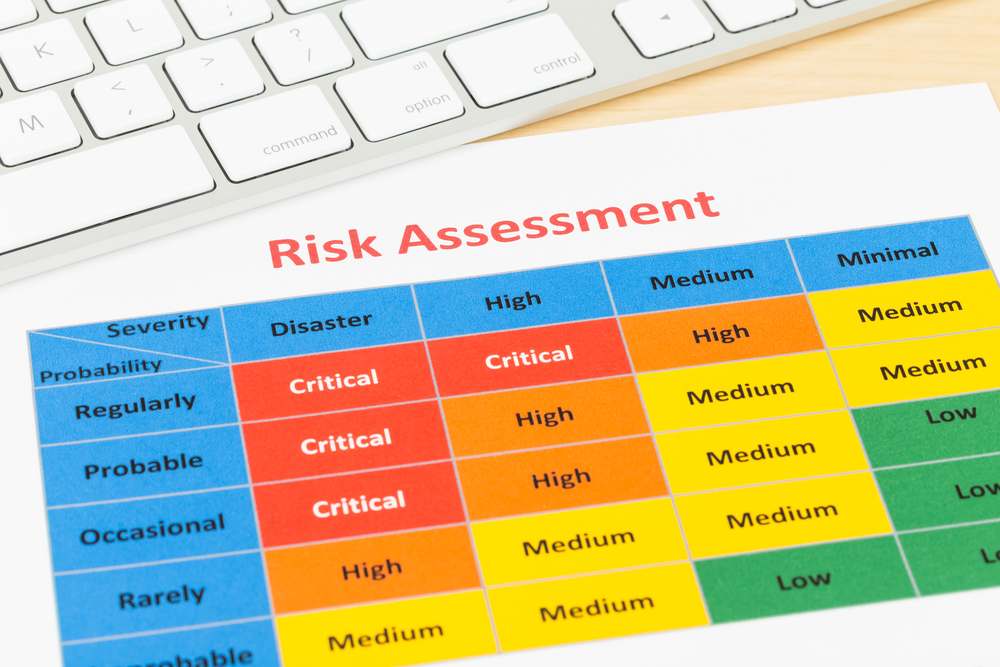The product is used by some of the world’s biggest manufacturers, including major car makers (Tesla, Kia, BMW, Hyundai, Honda), Coca Cola, P&G, Johnson & Johnson, AstraZeneca, and Nestlé Purina.
Microsoft on Thursday shared fresh guidance on yet another vulnerability affecting the Windows Print Spooler service, stating that it’s working to address it in an upcoming security update.
Diavol ransomware does not prevent their payloads from running on Russian targets by doing a locale check. This is notable because most ransomware will avoid Russian systems.
PRODAFT researchers said that the malware, also known as TeaBot/Anatsa, is part of a rising trend of mobile banking trojan attacking users across Spain, Germany, Switzerland, and the Netherlands.
These vulnerabilities could allow an attacker to carry out a variety of malicious actions, including exposing sensitive information, causing a denial of service, and execute arbitrary code.
Zero-day exploit broker Zerodium announced it is looking for zero-day exploits for VMware vCenter Server. The company will pay up to $100,000 for zero-days in vCenter Server.
The new StopRansomware.gov is a collaborative effort across the federal government and is the first joint website created to help private and public organizations mitigate their ransomware risk.
NortonLifeLock on Wednesday issued a statement confirming that it is “in advanced discussions with the board of Avast regarding a possible combination of NortonLifeLock and Avast.”
Alleged customer data from DDoS-Guard, a Russia-based company that offers defenses against distributed denial-of-service attacks, has been offered for sale on a cybercrime forum.
In the fiscal year 2020, the Cybersecurity and Infrastructure Security Agency (CISA) conducted a risk assessment of 37 attack techniques mapped to six infection stages across multiple stakeholders in different sectors.


